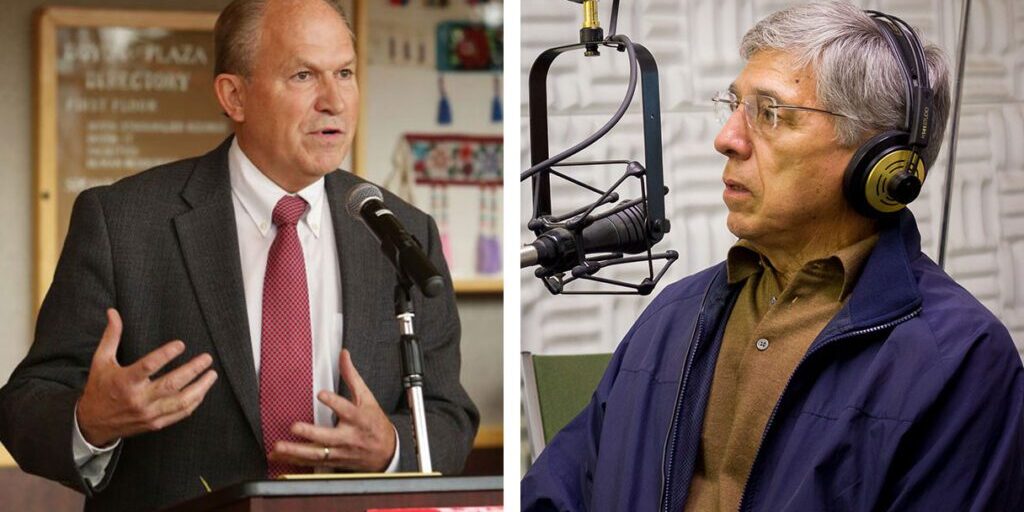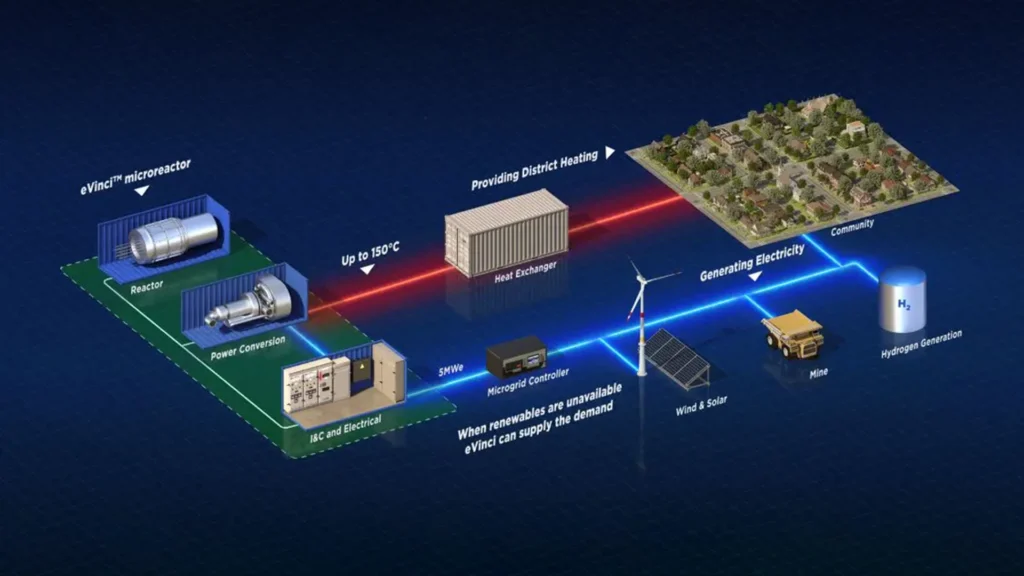Alaska’s three-way race for governor is now a two-ticket contest after Democratic candidate Byron Mallott and Independent Bill Walker declared late Monday, Sept. 1, they will be running together.
Tuesday, Sept. 2, is the last day for changes to the November general election ballot, and that deadline kept the Mallott and Walker campaigns negotiating late into Monday evening before announcing the two men will run together, Walker for governor and Mallott for lieutenant governor, on an independent ticket.
In a phone interview Monday night, Walker said the decision of who should ultimately be the one to seek the governorship under the “unity” ticket —Mallott or Walker—was simply driven by data.
“A head-to-head poll we took right after the primary had me about four or five points ahead of Governor Parnell,” Walker said. “So, the numbers really drove that decision.”
The decision was also endorsed by Mallott’s democratic colleagues. The party’s central committee voted 89 to 2 Monday night for the switch to an independent ticket. Mallott will drop his party’s democratic nomination (despite an easy victory in last month’s primary), and Walker will likewise forgo his past Republican affiliation. The two will appear on the “Alaska First Unity Ticket,” with the Democratic party pledging not to field another gubernatorial candidate.
With Mallott now running as lieutenant governor, the men who were hoping for that job—Walker’s running mate Craig Fleener and Hollis French, who won the Democratic primary for lieutenant governor to run alongside Mallott—are resigning and stepping away from the campaign.
“I’m very appreciative of their willingness to put Alaska’s interests ahead of politics,” Walker said. “So, we look forward to an administration that is non-partisan, not based upon one political persuasion or another.”
Walker said he’s focusing on solutions to Alaska’s high energy costs in his campaign, and pledged to challenge Governor Sean Parnell for what Walker called deficit spending.
“[Alaska] borrows about $7 million a day … from our savings account to stay afloat,” Walker said. “And we can do that for about five years. We will reach a point that, when we run out of savings, what then? So it really is this ‘fiscal cliff’ that’s causing me concern.”
Walker said he and Mallott will also move to expand Medicaid—the federal government’s low-income healthcare program—something Gov. Parnell opted out of leading up to the Affordable Care Act’s launch last November.
“Alaska needs to accept expanded Medicaid,” he said flatly. “Alaskans have paid for it, 10,000 to 40,000 Alaskans benefit from it, it brings down the cost of healthcare, and it creates 4,000 new healthcare jobs in Alaska. So, I will accept expanded Medicaid.”
Walker added a caveat to that pledge: he said he’ll only accept the Medicaid expansion if the federal government holds to its funding promises.
Alaska voters summarily rejected a recent ballot initiative on oil taxes, which cements Gov. Parnell’s oil tax system (known as MAPA) in the state’s tax code. Despite Mallott and Walker both being confirmed opponents of Parnell’s MAPA tax, Walker said, if elected, he would abide the will of the voters.
“I’m not going into this to spend our time in Juneau wrestling over this oil tax,” Walker said, adding that he would focus on projects that get more oil in the pipeline.
Despite agreement with both campaigns, the merged ticket is far from certain. Any changes to the November ballot must first be approved by the Lieutenant Governor’s office. Just how the change at the Division of Elections will play out will be seen in the coming days.







